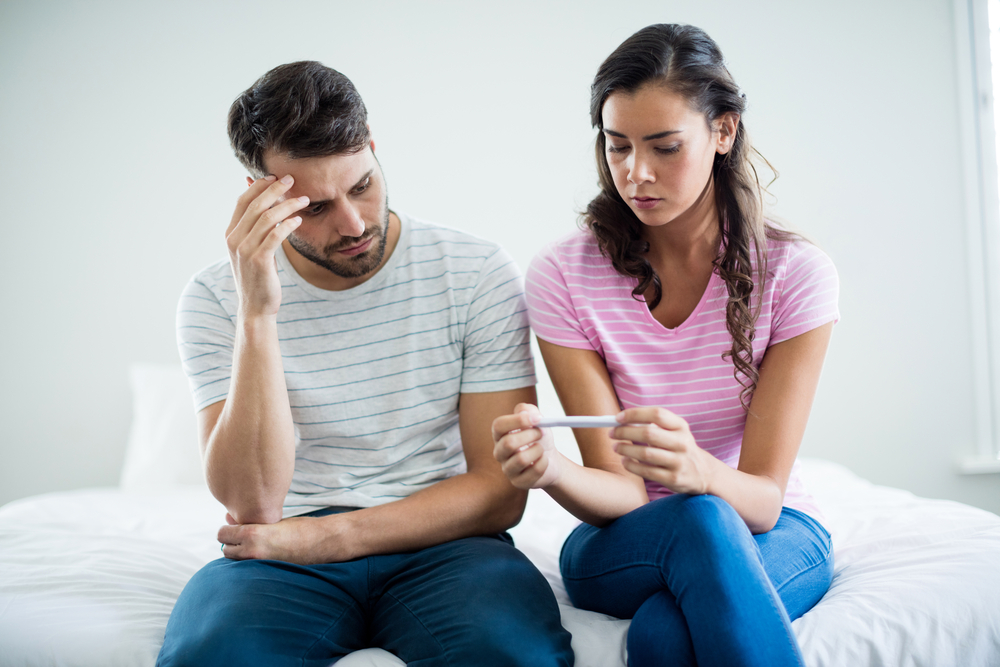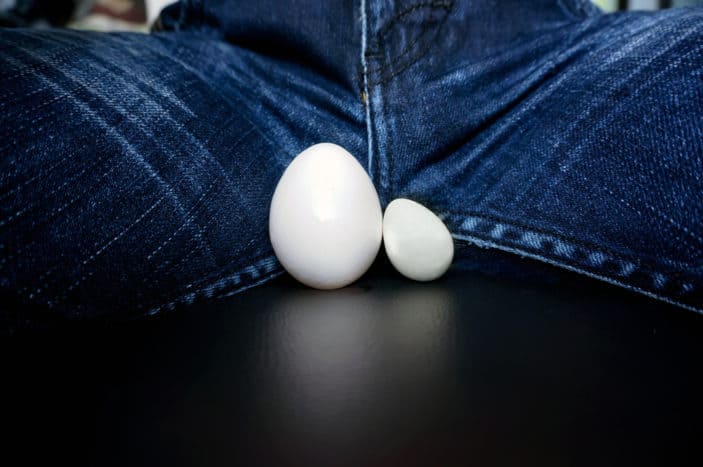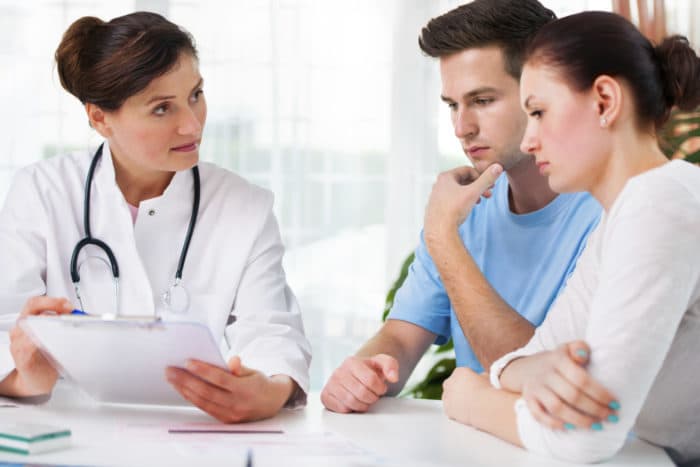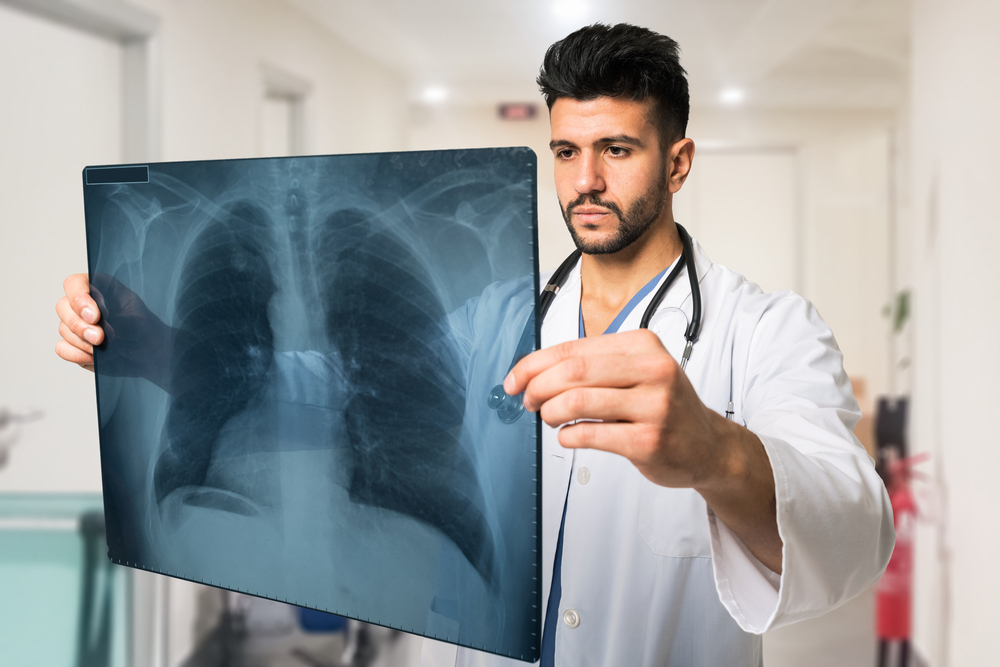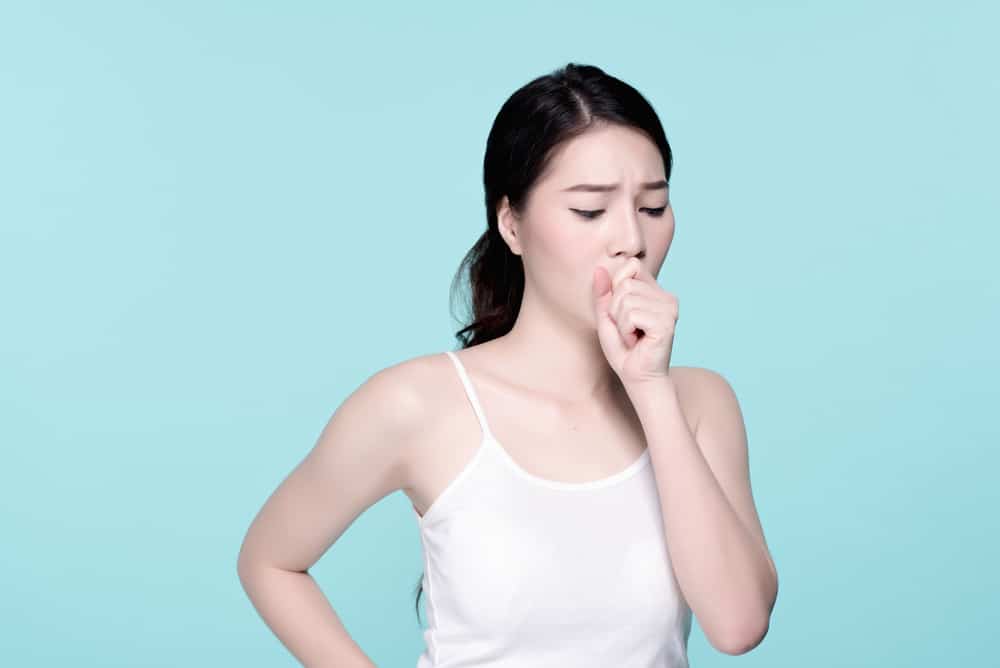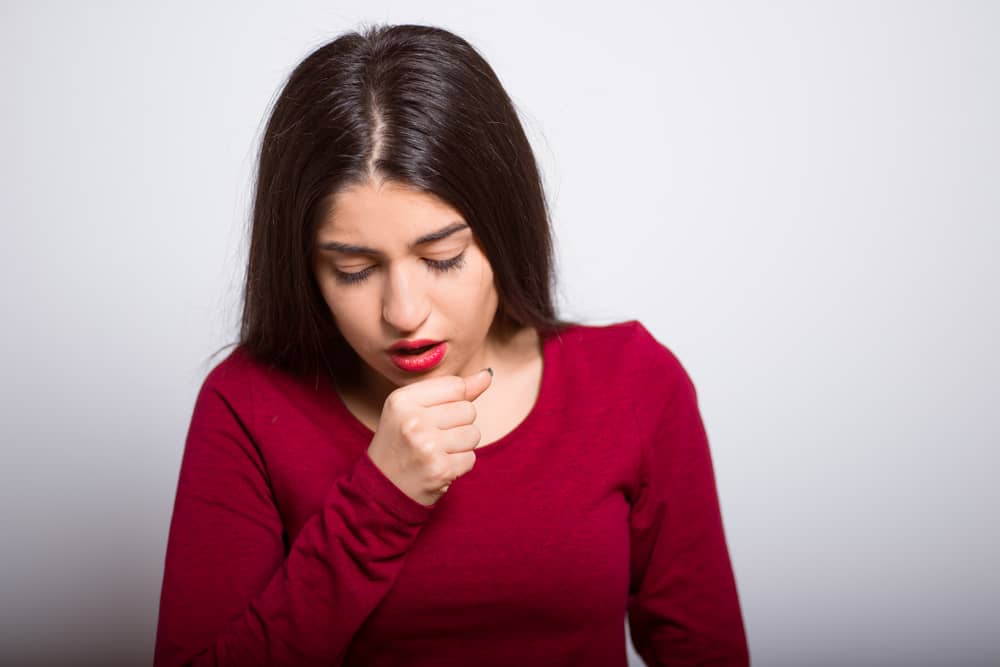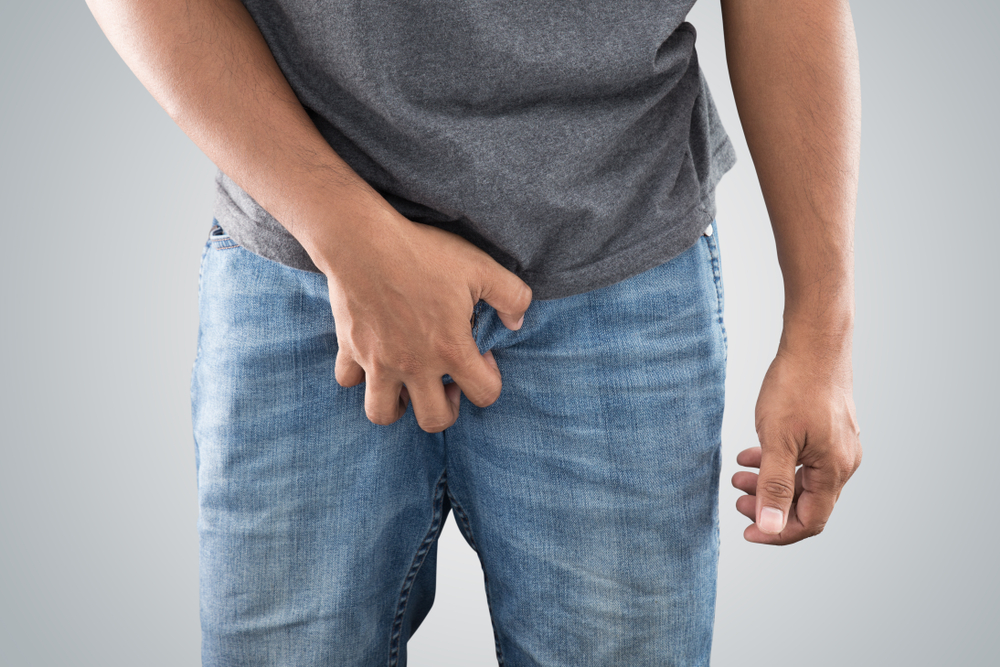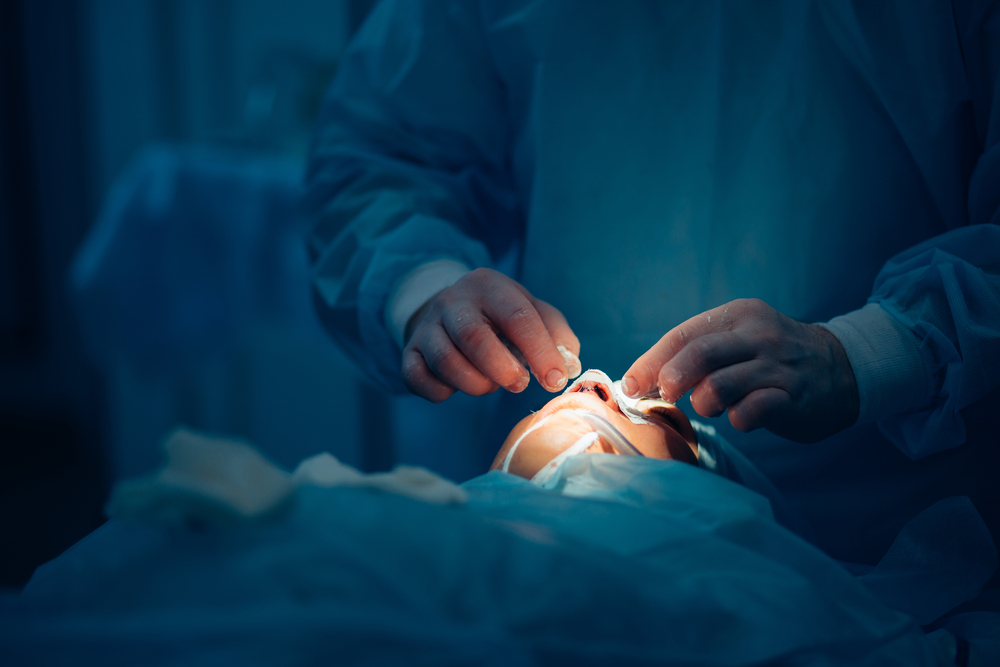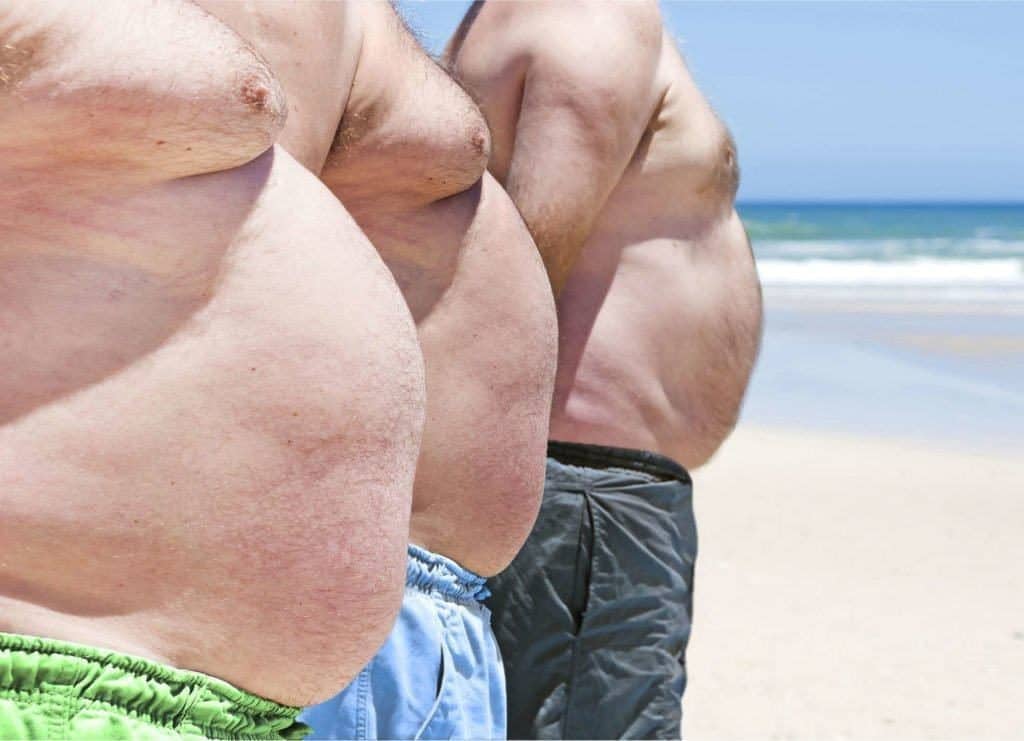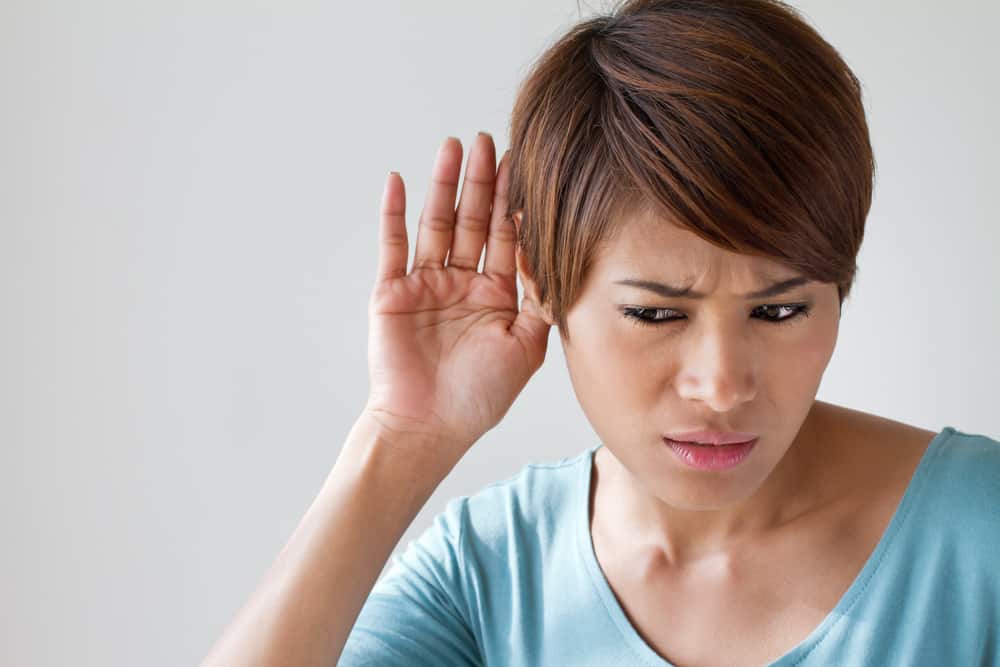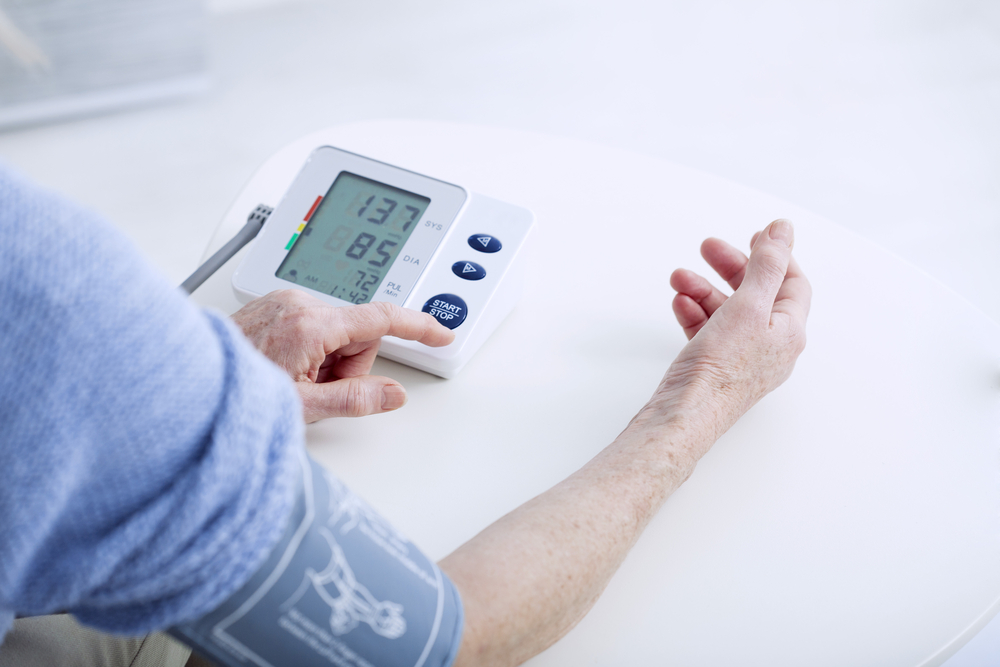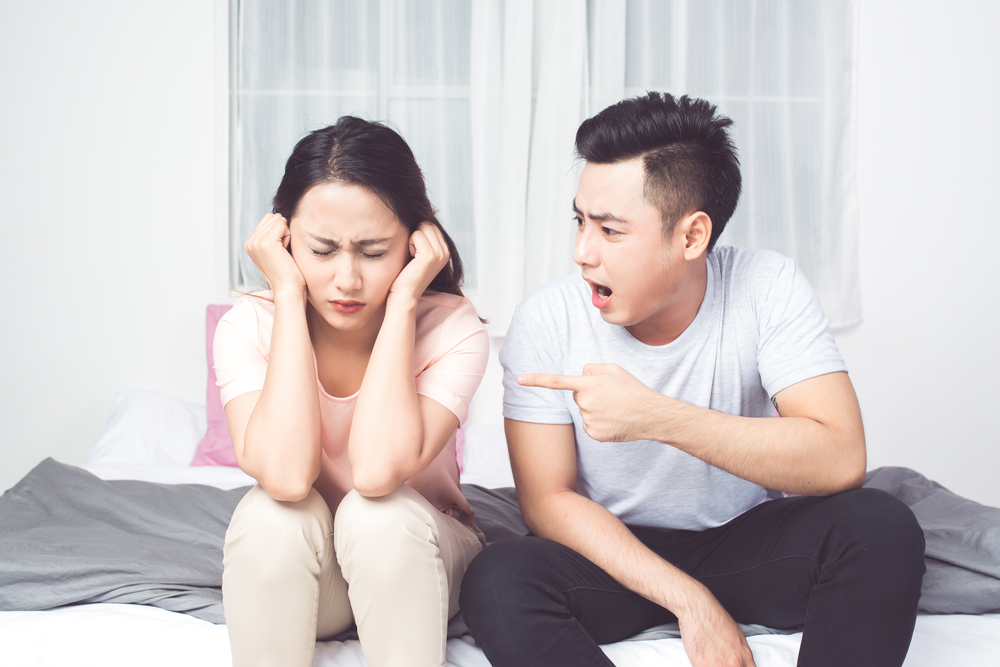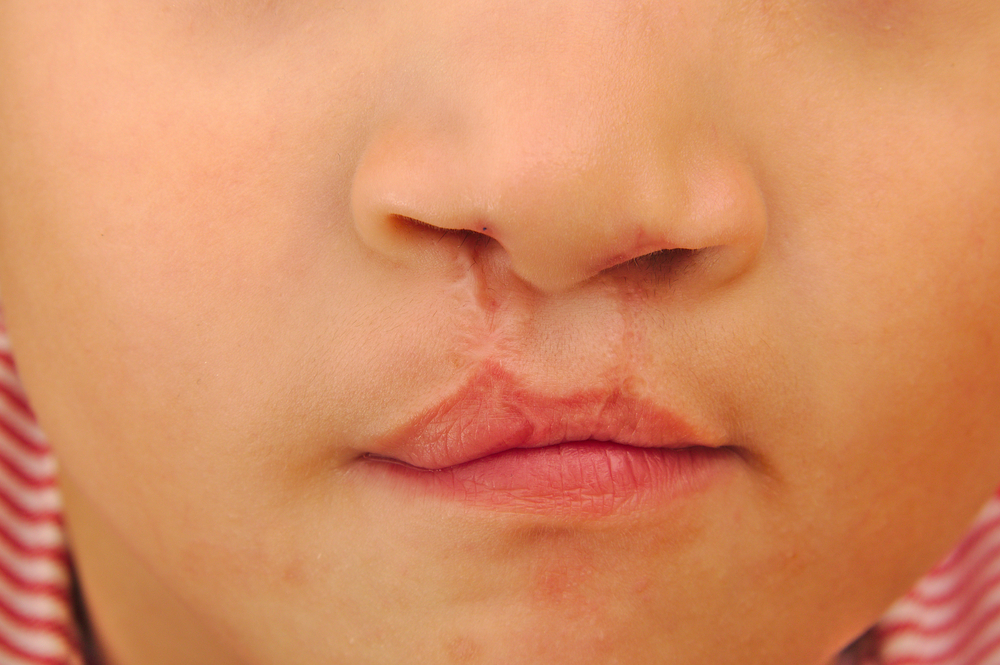Contents:
- Medical Video: Why Does Testosterone Decrease | The Truth About How to Boost Testosterone- Thomas DeLauer
- Hypogonadism is a hormone disorder in men and women
- What are the causes of hypogonadism?
- 1. Primary hypogonadism
- 2. Secondary hypogonadism
- Signs and symptoms of hypogonadism
- What to do?
Medical Video: Why Does Testosterone Decrease | The Truth About How to Boost Testosterone- Thomas DeLauer
Do you have fertility problems? Maybe you have been experiencing hypogonadism. Hypogonadism is a sex hormone disorder that can affect fertility. So, what is hypogonadism and what causes it? Check out the full information below.
Hypogonadism is a hormone disorder in men and women
Yes, both men and women can experience hypogonadism. Hypogonadism is a condition when the sex glands or gonads, the testes in men and the ovaries in women, produce very little or no sex hormones. This condition is often associated with the causes of andropause in men and menopause in women, although this is not always the case.
Hypogonadism can occur due to birth defects, but can also be experienced by someone who has an infection or injury as an adult. If this happens from birth, the development of the reproductive organs of a boy or girl will be hampered when he enters puberty. Whereas if hypogonadism only occurs when you are an adult, then you need to be vigilant because this can reduce libido to trigger fertility problems.
What are the causes of hypogonadism?
Judging from the most common causes, hypogonadism is divided into two types, namely:
1. Primary hypogonadism
You are referred to as having primary hypogonadism if the sex organs (testes or ovaries) have problems. Sex organs can still receive signals from the brain to produce hormones, but the testes or ovaries themselves are no longer able to produce hormones.
This type of hypogonadism can be caused by certain diseases that make the sex organs not functioning. Examples are autoimmune diseases such as hypoparathyroidism, hereditary diseases such as Turner syndrome, lumps in the testes, kidney and liver disorders, testes not down, radiation, or testicular surgery.
2. Secondary hypogonadism
Secondary hypogonadism is a hormonal disorder that occurs due to problems in the hypothalamus or pituitary gland, two parts of the brain that produce hormones. If the main source is already in trouble, then of course no signal is sent to produce sex hormones.
Just as before, this type of hypogonadism can also be caused by certain diseases that make the performance of the hypothalamus or pituitary gland in the brain disrupted. Examples of HIV infection, tuberculosis, obesity, drastic weight loss, malnutrition, surgery in the brain, and brain injury.
Signs and symptoms of hypogonadism
In addition to ensuring the menstrual cycle and sperm production go well, sex hormones also help control the physical growth of men and women.
In men, this sex hormone helps maintain muscle mass, bone mass, and grow body hair. While in women, sex hormones help develop breast tissue when entering puberty.
However, if little or no sex hormones are produced at all, this will give rise to signs and symptoms of hypogonadism. Basically, the symptoms of hypogonadism in men and women are not much different.
In men, the signs and symptoms of hypogonadism are:
- Body hair is only little or no growth
- Reduced muscle mass
- Enlarged chest like breast (gynecomastia)
- Disorders of penis and testicular growth
- Erectile dysfunction
- Osteoporosis
- Decreased sexual arousal
- Fertility problems
- Hot flashesor feel hot
- Difficulty concentrating
Whereas in women, the signs and symptoms of hypogonadism are:
- Menstrual disorders to cause menopause
- Obstructed breast growth
- Hot flashesor feel hot
- Decreased sexual arousal
- Milk-like discharge from the breast
If you experience one or more of the symptoms above, you should immediately consult a doctor to determine the cause.
What to do?
The most important key to overcoming hypogonadism is to detect symptoms as early as possible. The sooner you realize the symptoms, the faster the treatment will be from the doctor. That way, you can avoid the risk of fertility problems if not quickly handled.
Handling of hypogonadism tends to vary for each person, depending on age and how severe the hormone is disrupted. But usually, doctors will recommend testosterone (TRT) therapy in men or estrogen therapy in women as a first step to increase the production of sex hormones in the body.
Not only for "fishing" sex hormones in the body, this hormone therapy is also beneficial to encourage sexual arousal, increase bone mass, and improve the mood that has been disturbed due to hypogonadism.
Just like other therapies, the addition of this hormone in fact also holds a number of risks for health. Excess hormones in the body can increase the risk of prostate cancer, uterine cancer, heart failure, and acute insomnia. So, always consult your doctor to get the right treatment for your hypogonadism.

